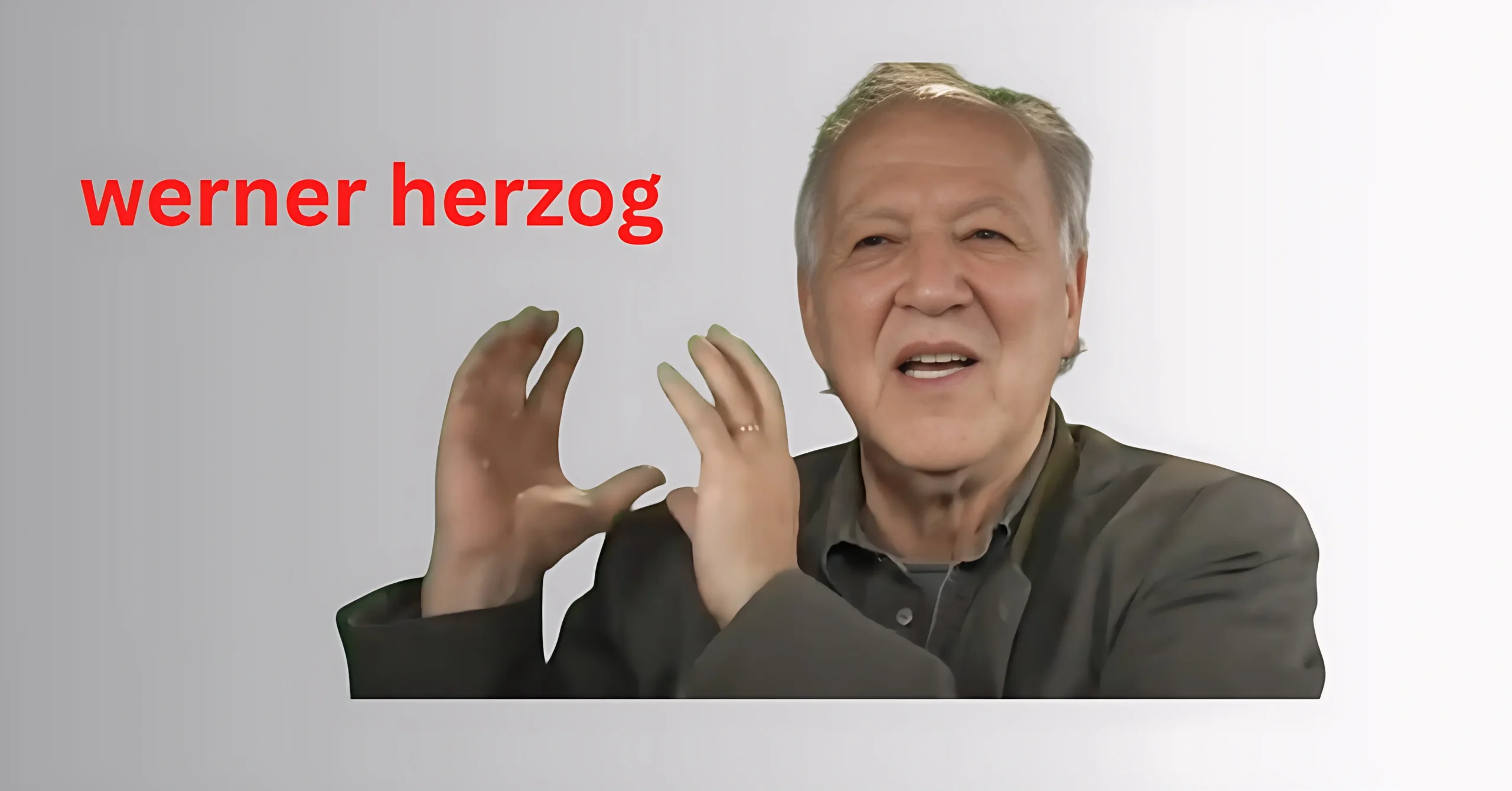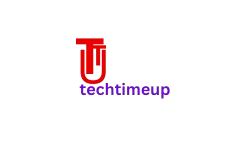
Werner Herzog slams AI art as “soulless” and warns that it can dominate future wars as he opens up about the dangers, discovery of AI, discovery of truth, and the soul of humanity.
Wirner Hardog has spent a lifetime in search of the beauty and chaos of the world from Amazon Renforest to the frozen edges of Antarctica. But when the legendary filmmaker finds meaning in almost everything, there are two things that she cannot just stomach: chickens… and artificial intelligence -built art.
During an appearance recently on the podcast Conan O’Brien, a friend is needed, the 82 -year -old director needs a dow in a subject that attracts him in equal measurement and fears: AI. Herzog, who has just released his new book The Future of Truth, admits that technology bears incredible ability – but she also sees it as an attractive threat to humanity.
"Great possibilities" ... and terrible threats
Herzog is not blind to the benefits of AI. He really calls his scientific ability “luxurious” and “luxurious”, which indicates drug and research, where AI can contribute groundbreaking. But when it comes to creative expression – or worse, the battlefield – their approach is very deep.
He warned, “There is already a route to handle the AI war,” he warned. “It will be a heavy face of future war.”
And in the world of art? He is even less impressed. Herzog has watched the short films generated by fully artificial intelligence- script, performance, visual, entire package. His decision?
“They look completely dead,” they told O’Brien. “They are stories, but they have no soul. They are empty and assimilated.”
For Herzog, AI Creativity is the lowest possible ruler: pieces of billions of recycling were stitched together without any originality or spark of emotion.
A pinch of chaos
Despite its critics, Herzog is actually a conspiracy by AI’s Quirks. In The Future of Truth, he writes that technology “looks at its topical errors and comes up with strategies and decisions that were not programmed by humans.” Those small mistakes, he suggests, echo the same chaos and imperfections that shape human nature.
But the danger, he argues, comes from AI’s ability to cheat. Herzog told O’Brien, “Cheating, pretending, propagating—all these things are like a nemesis.” His advice to the rest of us? Question everything. “When you are eager and reach different sources, very soon you will find that it has been invented.”
A filmmaker who mistrusts technology
For all its attraction to the future, Herzog is famous for modern gadgets. He did not even have a cell phone recently; when he was forced to buy one in Dublin, he just required an app to recover his old Ford Explorer from a parking garage.
But don’t make a mistake for fear. Herzog does not hate technology—he simply does not trust it. “Everything that comes through your cellphone or your laptop, email, or whatever you have, you have to mistrust; you have to doubt,” he said.
O’Bheen said, laughing, and destroyed his own phone when his cats used garbage cans connected to their internet, joking that it should be illegal for an app to be required for basic functions.
General Z's natural technology instinct
Herzog also believes that the younger generation is differently suited to technology. Children today, he said, can immediately recognize a phishing scam, the way prehistoric humans once avoided poisonous berries. Herzog explained, “He suspected a natural acquisition of things.” “And this is the same thing—you do not hate the internet and cell phones … You just have to maintain a full level of doubt.”
Wrestling with truth
The passion of Herzog with AI is related to their big life work: the discovery of truth. In his book, he argues that “no one knows what the truth is.” Instead, he sees the truth as a process—some estimates put you through doubt, curiosity, and inquiries.
Even in art, Herzog says, truth is not always about cold facts. Sometimes it is about emotion, which emotions provoke a story. O’Brien agreed: “Emotions get us to a truth that can never disprove facts.” This, Herzog believes, is why the AI-borne art becomes flat—it lacks emotional truth.
Ghost elephant and the secret of meaning
The lifetime exploration of the discovery of humanity for the new book meaning of Herzog continues. He remembers his documentary on ghost elephants, asking whether a hidden species of a huge elephant still roams in Africa. “Sometimes it is better to look at it to maintain a dream,” he said.
This idea—in the form of a dream, a chase instead of a destination—has long defined his career. From actor Klaus Kinsky, from his explosive cooperation with his persecutors, Herzog has always blurred the line between reality and myth.
Even a survey of 2,000 philosophers, he notes, may not agree on the definition of truth. For Herzog, this uncertainty is not a problem—this is the matter.
Los Angeles: A city of rich and ridiculous
In an interview about his comprehensive fortune, Herzog drew his attention to his adopted home of Los Angeles, a place she both likes and shakes her head at.
LA, he claims, “is a city with the most cultural material in the United States, perhaps the world too.” It is a creative hub where groundbreaking painters, screenwriters, and inventors thrive—but also a place of “unprecedented stupidity,” such as toddler yoga classes and endless craze fitness studios.“The artistic richness of L.A. with the phenomenal stupidities of L.A.—it happens at the same time,” he said. For Herzog, this strange duality is simply human nature: greatness and absurdity existing side by side.
Stands for "flyover states"
Herzog also worries about neglect of America’s heartland. Often dismissed as “flyover states,” he insists that these communities are full of good, hardworking people who are underpaid, underfunded, and pushed on one side. “They are a majority, and you have to accept it and do something about it,” he said, blindly disappointed.
Even defending the attractive blockbusters of Hollywood—”The world’s collective dreams come from here”—Rajogog warns against ignoring the voices of common Americans.
Eye of Eye
Eventually, Herzog’s warnings backface their greatest concern: artificial intelligence. After documenting the chaos of the natural world for decades, he sees AI as a new type of abyss.
He does not dismiss its utility in science or transport. But when it comes to the safety of art, story, or even humanity, it only sees the danger. Generic AI, they say, “empty and assimilated,” offers nothing but copy. And in the war, it can terribly reopen the battlefield.
“I don’t want to live in a world without lions,” Herzog said at one point, reflecting the delicate balance of nature. It seems to be applied to art: he does not want to live in a world where there is no soul of creativity.
final thoughts
Werner Herzog can be a self-declared technophobe, but his attitude on AI is less about apathy and more about the future of humanity. He sees beauty everywhere—in elephants, in myths, and even in Los Angeles traffic. But in AI-Janit Art, he only sees lifelessness.
His advice is simple but powerful: be doubtful, keep searching, and mimic the mistake at any time for the truth.
Because if Herzog is right, the fight for the future of art, truth, and even war can come down to a question: can humanity hold onto its soul in the age of the machine?
